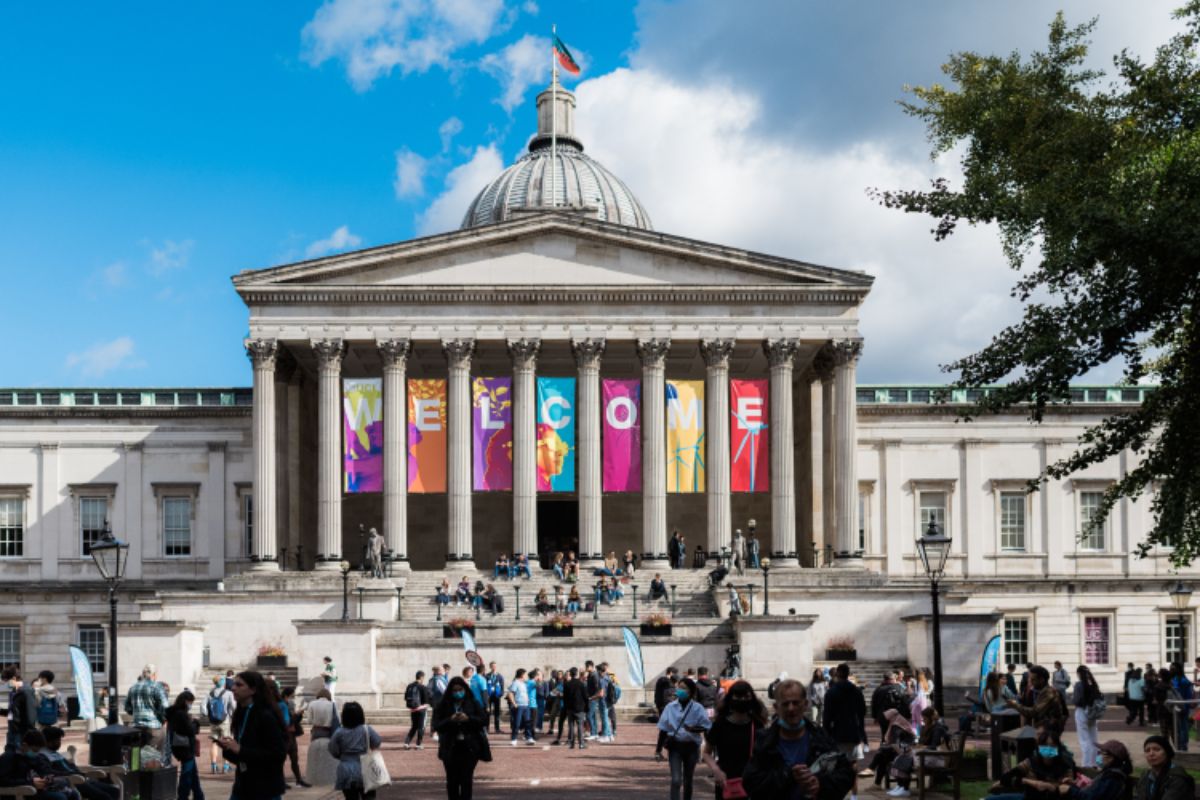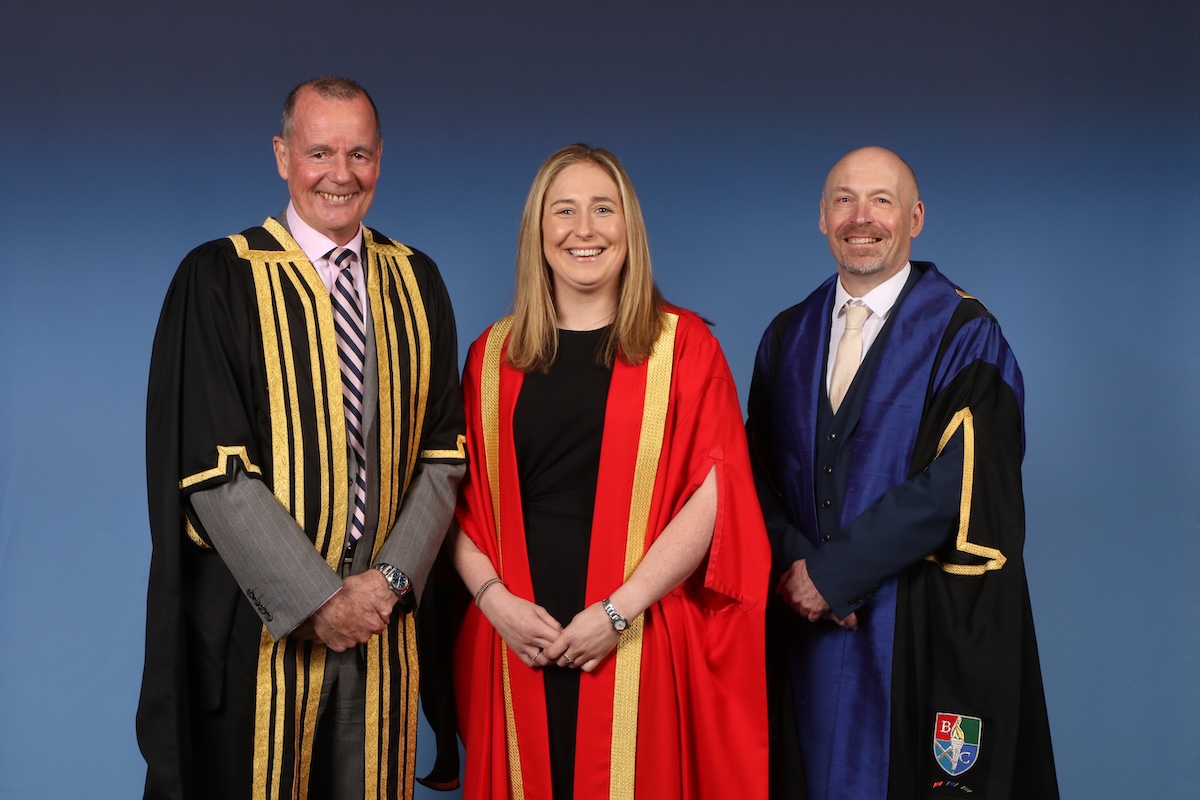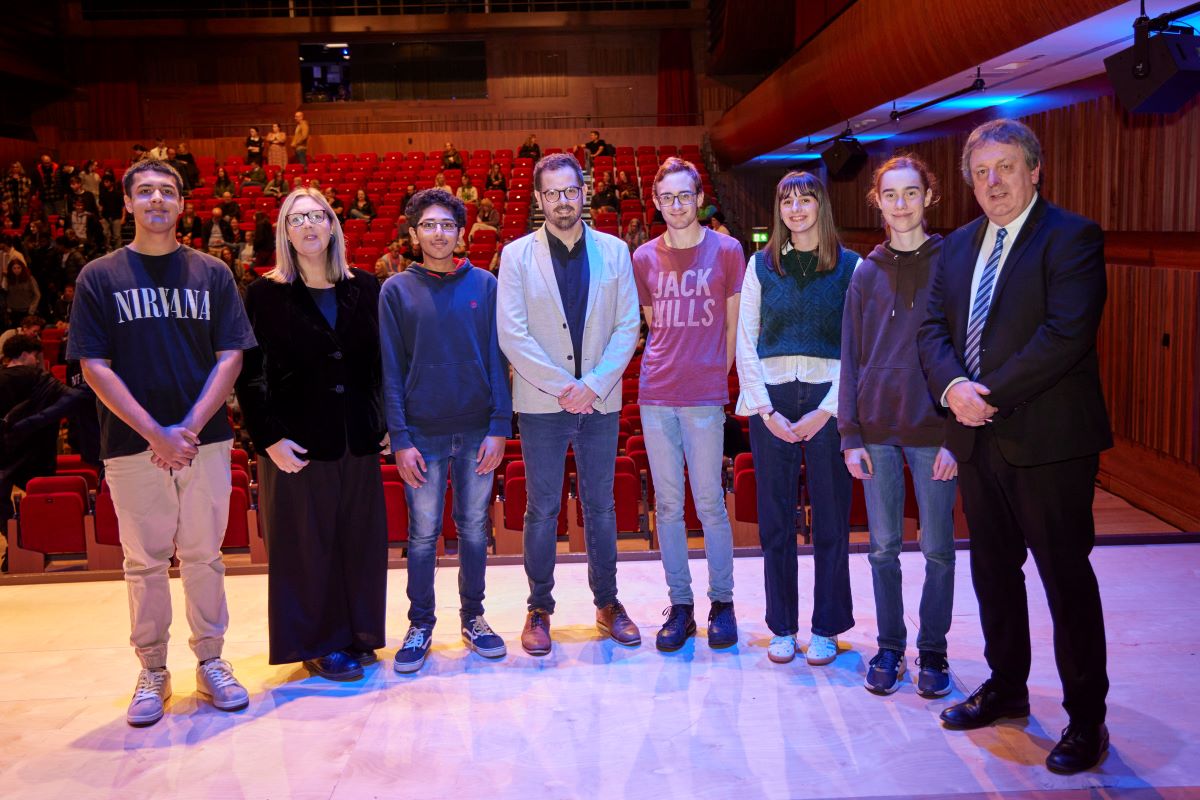Record numbers of threatened academics rescued from Ukraine and Russia in charity’s 90th year

UK-based charity reports ‘more appeals for help than at any time since the 1930s’ as it saves hundreds of academics from persecution worldwide
Today, Cara (the Council for At-Risk Academics), a UK-based charity founded in 1933 to rescue academics at risk from persecution, violence, and conflict reports that record numbers of Ukrainian and Russian academics have been rescued in the past 18 months since the launch of the war.
Over 210 Ukrainian academics have now been supported to find places at the UK’s leading universities, including the University of Oxford, University College London, Durham University, and others. These academics are being supported by Cara both directly and through Cara’s close engagement with the UK government funded British Academy-led Researchers at Risk programme.
Now in its 90th year, Cara works to provide temporary safe havens for scholars fleeing violence, repression, and threats to intellectual and individual freedom. The charity supports their escape, and often that of their families, using its long experience and extensive network of contacts to help them to find top academic placements around the UK, putting together a package of funding support and practical arrangements, including visas sponsored by the host universities, to enable them to continue their work in safety.
The vast majority of rescued Ukrainian academics are women, as male Ukrainian citizens aged 18 to 60 are prohibited from leaving the country. Many of them are alone or with small children, having had to leave their husbands, partners, and other family members behind.
Dr Nadiia Lolina is an academic currently supported by Cara, one of over 6 million Ukrainians displaced by Russia’s illegal invasion, with approximately 210,000 now living in the UK. Before the war, she was an accomplished researcher and university lecturer in Urban and Public Art. As Russian tanks rolled into Ukraine in February 2022, she fled the daily rocket attacks in Kyiv to find shelter in Western Ukraine and was separated from her husband and parents. It took her 10 days to evacuate via train to Lviv, where she then had to take a bus to Ivano-Frankivsk. From there, she boarded the once-weekly bus to Riga, and arrived 37 hours later.
Facing homelessness in Riga, Dr Lolina was able to travel to the UK under a Homes for Ukraine visa, with Cara arranging funding through the Institute of Historical Research for a place at the School of Advanced Study, University of London, where she was able continue her postdoctoral research. Today, she remains separated from her family, who live under constant threat in Kyiv.
Since the outbreak of the war in February 2022, Cara has so far also rescued 10 Russian academics who have openly criticised the war and Putin’s regime.Dr B B is a prominent academic in his field who signed open petitions and letters criticising Russia’s full-scale invasion. He witnessed colleagues being dismissed from their positions and arrested on spurious charges for voicing their criticisms of the Russian government and the war, so he fled with his wife to a neighbouring country. There, he contacted Cara, who helped him to escape persecution and secure a university placement in the UK.
Stephen Wordsworth, Executive Director of Cara, commented:
“UK universities are leading the way in providing support for some of the world’s most gifted minds.It is the generous support of these universities which enables us to continue our mission to rescue these threatened academics from grave danger around the world.
“In our 90thyear, we are now receiving more requests for help than at any time since we were founded in the 1930s. The Ukraine conflict is just one example; there are many other countries too where academics face heightened risks from conflict, or oppression, imprisonment, and murder at the hands of despotic regimes and extremist groups who see free-thinking academics as a threat. These are enormously talented individuals who bring unique experience and knowledge to the UK, forging lasting partnerships that will prove invaluable when it becomes safe for them to return home and rebuild their countries.”











Responses